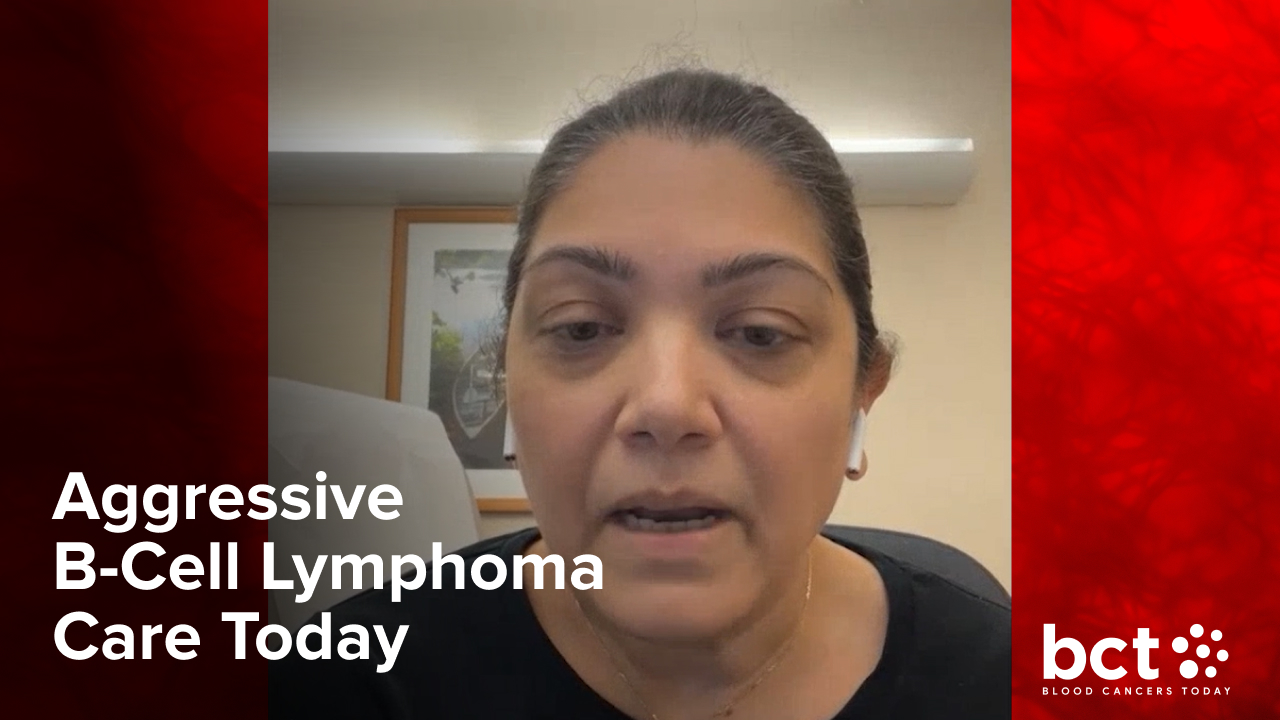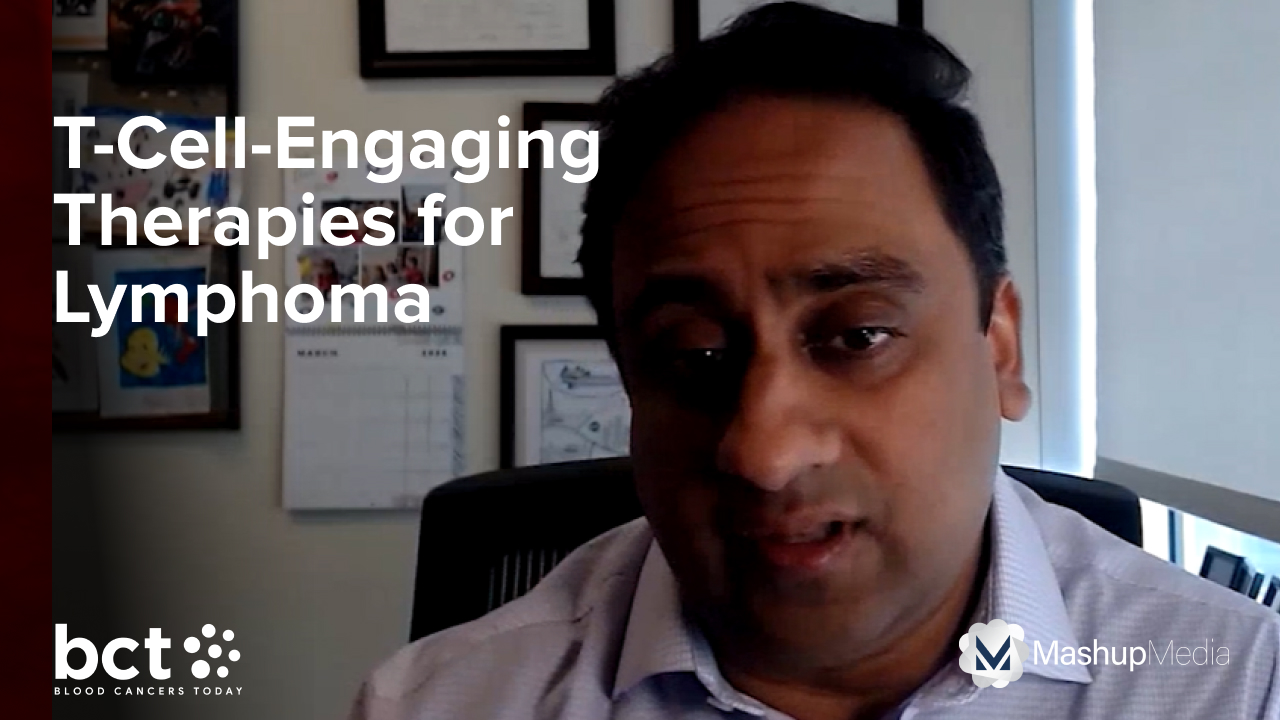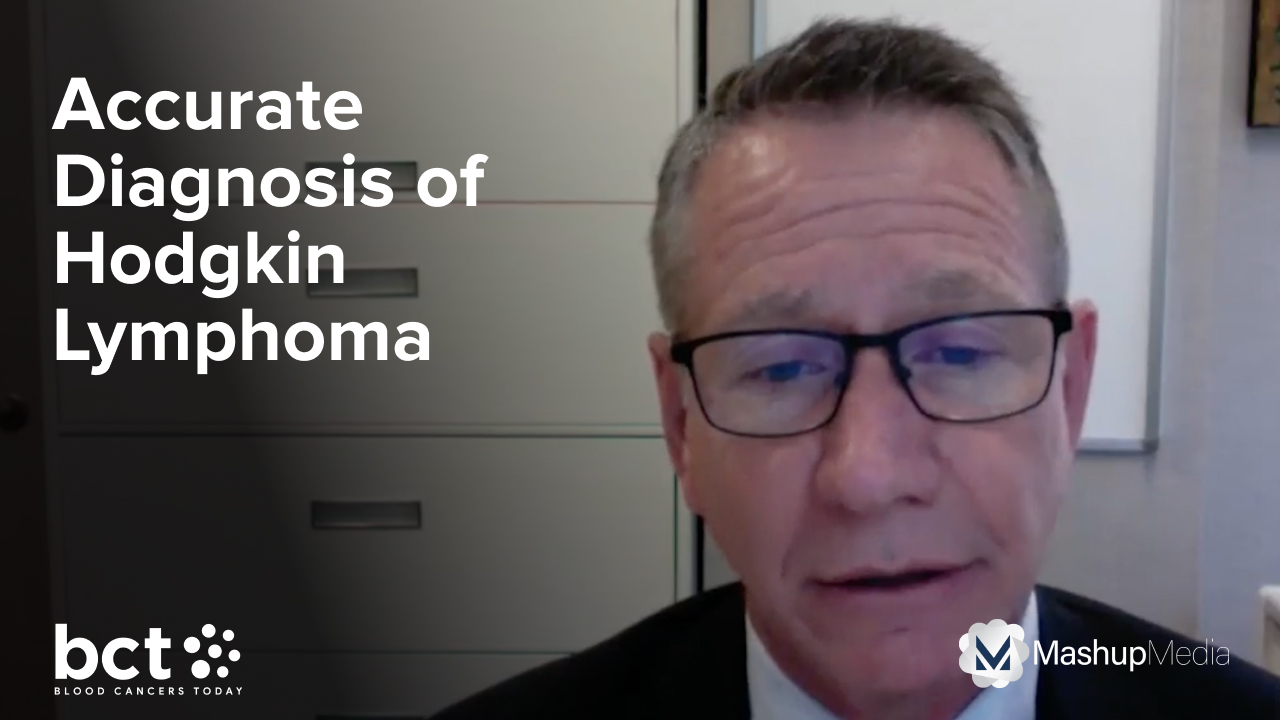Vaccine Strategies for Patients with Myeloma Receiving Bispecifics
By Thomas Martin, MD, Ajai Chari, MD, Ajay Nooka, MD, FACP, Angela Dispenzieri, MD - Last Updated: October 6, 2023A roundtable discussion, moderated by Thomas Martin, MD, Blood Cancers Today Associate Editor, of the University of California, San Francisco, focused on bispecific therapeutics for the treatment of multiple myeloma. Dr. Martin was joined by Ajay Nooka, MD, MPH, FACP; Ajai Chari, MD; and Angela Dispenzieri, MD.
In the final segment of the roundtable series, the panel gives their opinions on vaccine strategies for patients with myeloma receiving these agents, as Dr. Martin joked, “You can ask five myeloma docs and you can get eight answers,” on this topic.
Watch all segments from this series.
—
Dr. Martin: Last question, vaccines, because I think this is where we always say you can ask five myeloma docs and you can get eight answers. What are you doing about vaccines strategies for patients?
Dr. Nooka: Typically post-transplant, we re-vaccinate all the childhood vaccines for the post-transplant patients. We have not gone that far to re-vaccinated everyone, but I am a big proponent of going on for the COVID-19 vaccine, the full vaccine every year. This year there will be the RSV vaccine and that’s one of my peeves to remind the patients that if they’re not seeing me before the time, you need to go get that.
Dr. Martin: You’re still vaccinated; you’re giving it to them. You guys too, giving vaccines?
Dr. Dispenzieri: Yeah, both for sure. I mean, again, probably isn’t going to help much with your immune system as they are, but I think you got to.
Dr. Martin: Yeah, it’s kind of hard to know, right? B-cell responses, especially if they’re hypogammaglobulinemia is probably minimal, right? Maybe we’re lucky if we get a good T-cell response.
Dr. Chari: I think what we found with the BCMA treatments was that you need the multiple doses because one or two doses is zero. You need to keep up with your schedule per CDC [Centers for Disease Control and Prevention] guidelines, because if you fall off, you can’t be protected. The other thing is if you measure COVID-19 antibodies, there’s some background level coming from IVIG [intravenous immunoglobulin]. That’s just important to be aware of as well.
Dr. Martin: Awesome. Well thank you guys for a wonderful discussion. I think you all can see that we’re quite excited about bispecifics. The future is bright with bispecifics and how we’re going to incorporate all these with other novel immunotherapies is going be quite exciting over the next five to 10 years. Thank you, guys.






 © 2025 Mashup Media, LLC, a Formedics Property. All Rights Reserved.
© 2025 Mashup Media, LLC, a Formedics Property. All Rights Reserved.